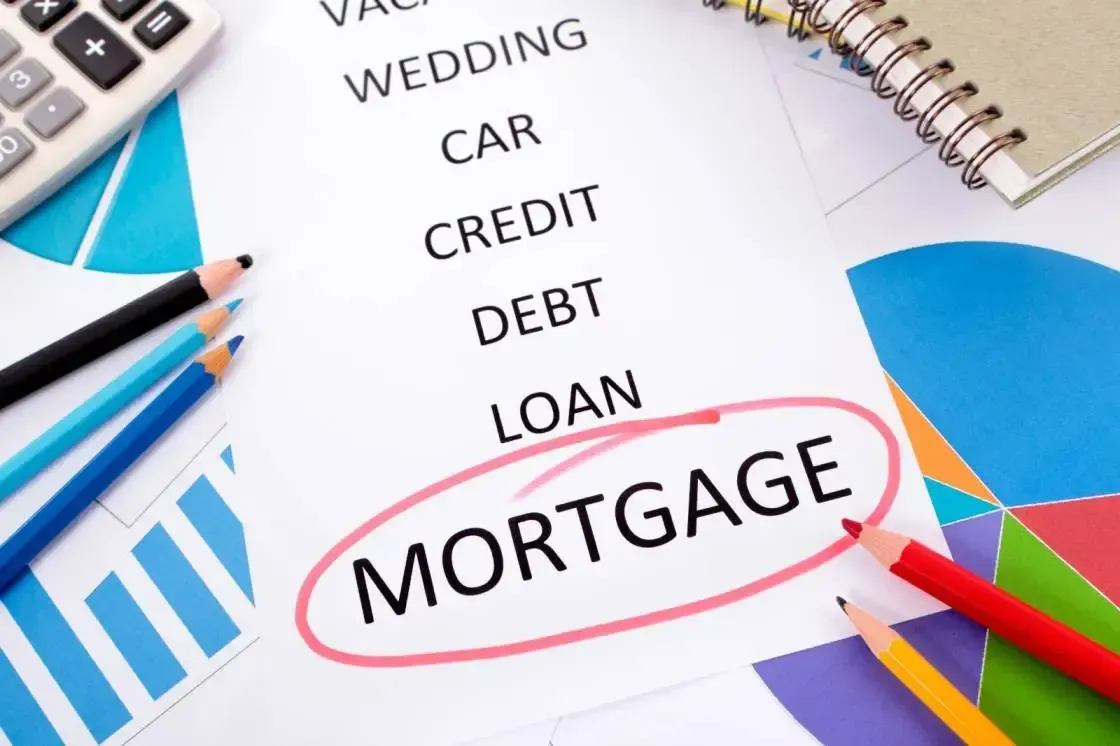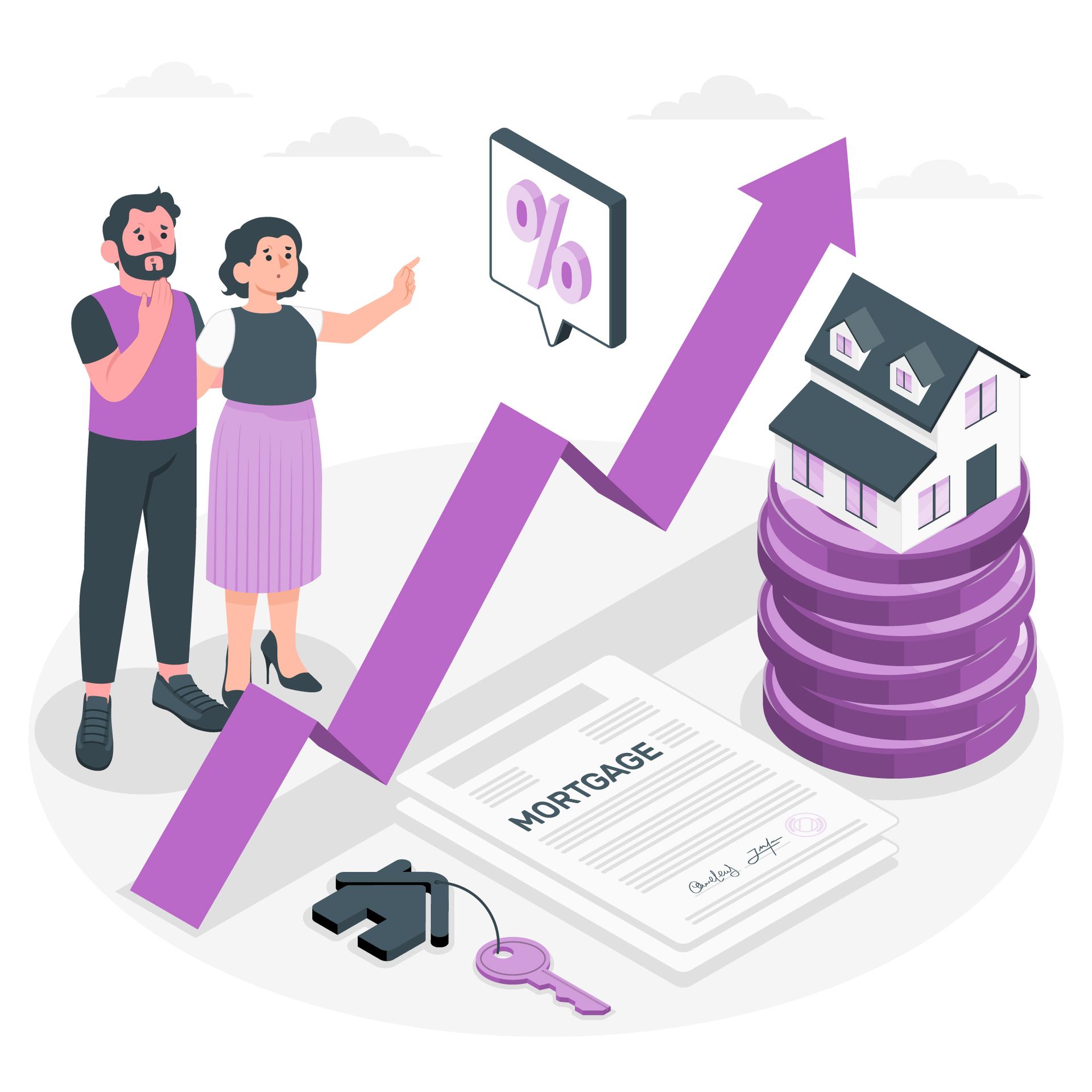Debt Consolidation vs. Debt Management : Comparing Strategies

Debt Consolidation Loans vs. Debt Management Plans: Which Option is Right for You?
There are several ways to reduce credit card debt, but the decision frequently boils down to debt consolidation vs debt management. Though they employ rather different strategies, both are workable and effective ways to escape the weight of excessive debt. The requirement for a monthly payment is the only commonality between the two programs, but that is where the parallels end.
Debt Management Plan
A debt management plan reduces the interest rate on many credit card accounts by compiling them into a single monthly payment. It is similar to debt consolidation management but with a couple of modifications.
During the three to five years that make up the repayment plan, you are normally not allowed to use credit cards or open new credit lines. Credit card debt is the primary focus of the plans; personal loans, medical debts, or educational loans are not covered.
Benefits of a Debt Management Plan
- To assist customers in making a manageable monthly payment, credit card firms offer credit counseling organizations lowered interest rates and relaxed fees.
- Based on your present income, agencies collaborate with you to create a spending plan that includes a manageable monthly payment.
- A DMP differs from a loan. Debt consolidation is possible for the customer without establishing a new credit line.
- Credit score is not a prerequisite.
- Credit counselors are mandated to give clients financial education and tools to help them avoid financial difficulties in the future.
- You are free to end your agreement at any time.
Interest Rates
Debt management programs do not take credit ratings into account. Actually, DMP clients often have credit scores of around 555. Rather, to determine interest rates based on the consumer's ability to pay, credit counseling organizations collaborate with creditors. For hardship instances (credit scores of 550 or lower), the range might be as low as zero to 6%; for most debt management program clients, it could be an average of 8%.
Debt Consolidation
Using a fresh loan to settle all of your outstanding balances, debt consolidation debt management reduces your number of loans and payments to one. Depending on your credit score and the sort of consolidation loan you choose, you may be able to earn a reduced interest rate by consolidating your debt.
Debt reduction and simplification can be achieved through debt consolidation loans. With this kind of loan, you take out a large loan to pay off several debtors at once. It's simpler for you to maintain your budgetary objectives and keep on top of repayments when you have less debt to worry about. You might even end up with a lower interest rate than you had previously, relying on the lender, which would ultimately save you money.
Make sure you have taken action to manage your expenditure and that you've got a plan in place for responsible and on-time repayment of the loan before contemplating one of these.
Benefits of Debt Consolidation
- You'll have enough money to settle all of your debts.
- The consolidation loan's interest rate ought to be less than the interest rates you currently pay on your credit cards.
- Although it reduces your debt to a single payment, issues could still arise if your credit lines are open and active.
- As you pay back the loan, you can continue using your credit cards.
How debt consolidation works
Taking out a new loan, such as an individual loan or balance transfer credit card, and using the money to pay down your debt is the process of consolidating debt. This implies that you will only have to make one monthly payment towards your consolidation loan when your original creditors have all been fully settled.
The payback period and interest rate on this fresh loan will be different. If you take out a personal loan, for instance, to pay off credit card debt, you will have to make set monthly payments for a period of one to seven years, according to the lender.
Conclusion
Choosing between debt consolidation vs debt management is a personal choice. It depends on how you want to budget your spending and manage your debts. Debt consolidation management ultimately reduces your number of loans. Having a debt management plan reduces interest rates by compiling all payments into one. Consider both options carefully for debt relief before making the final decision.




